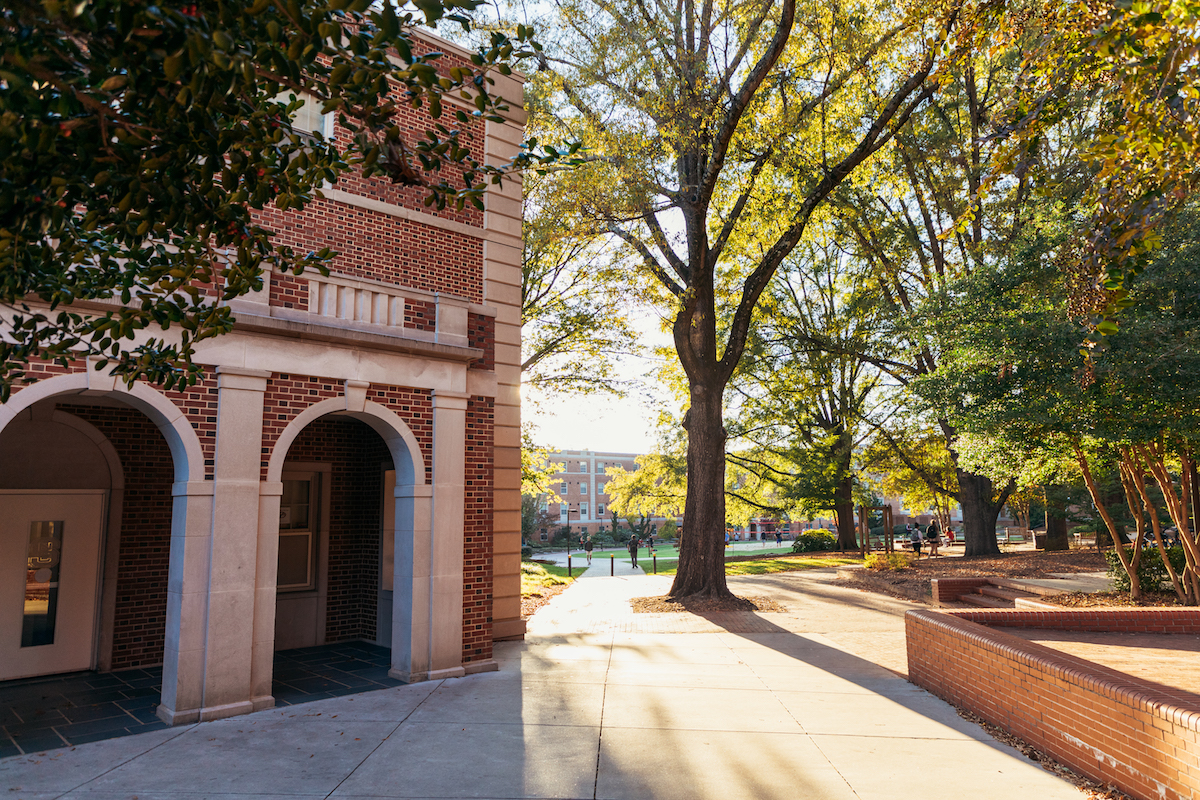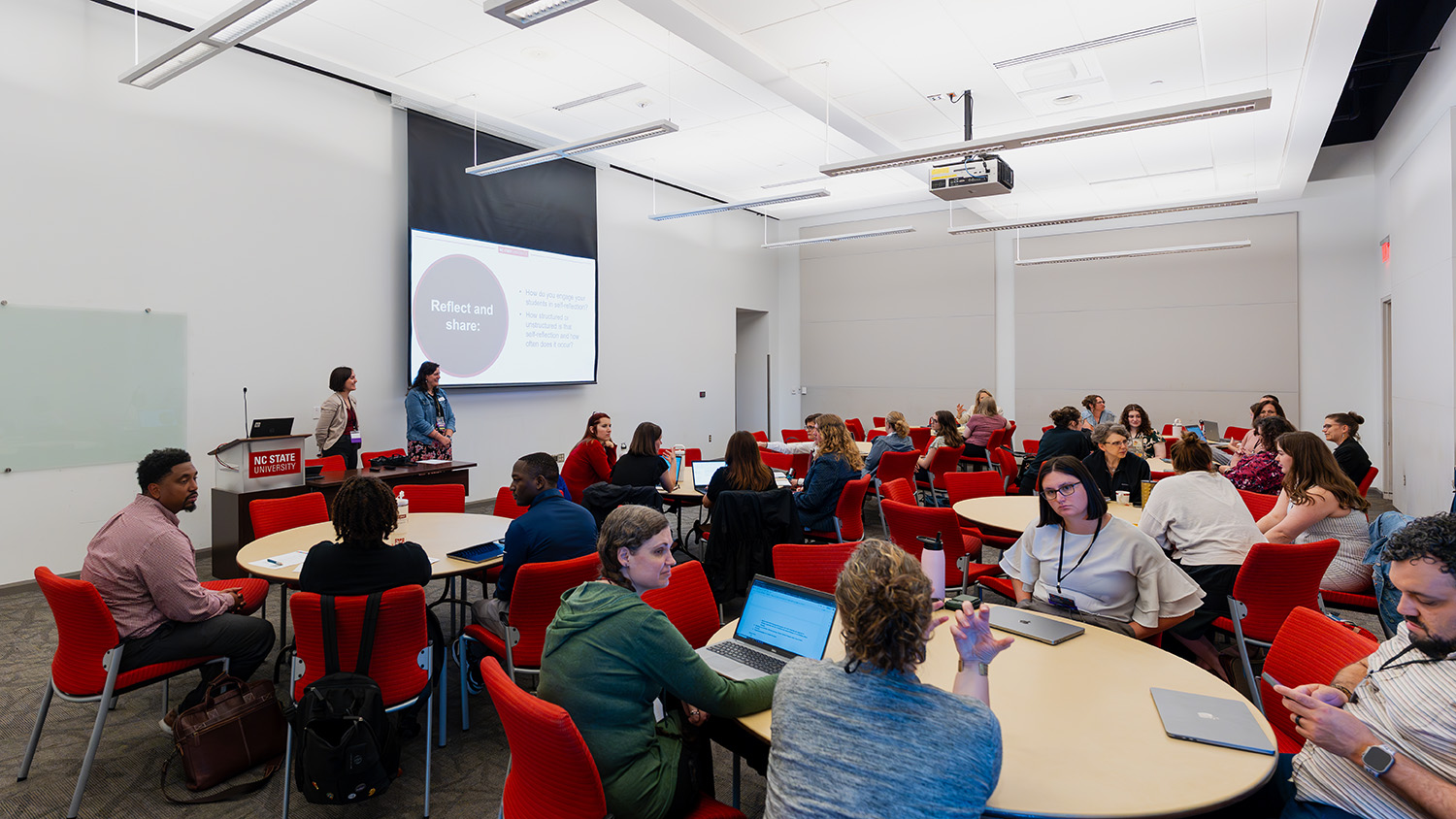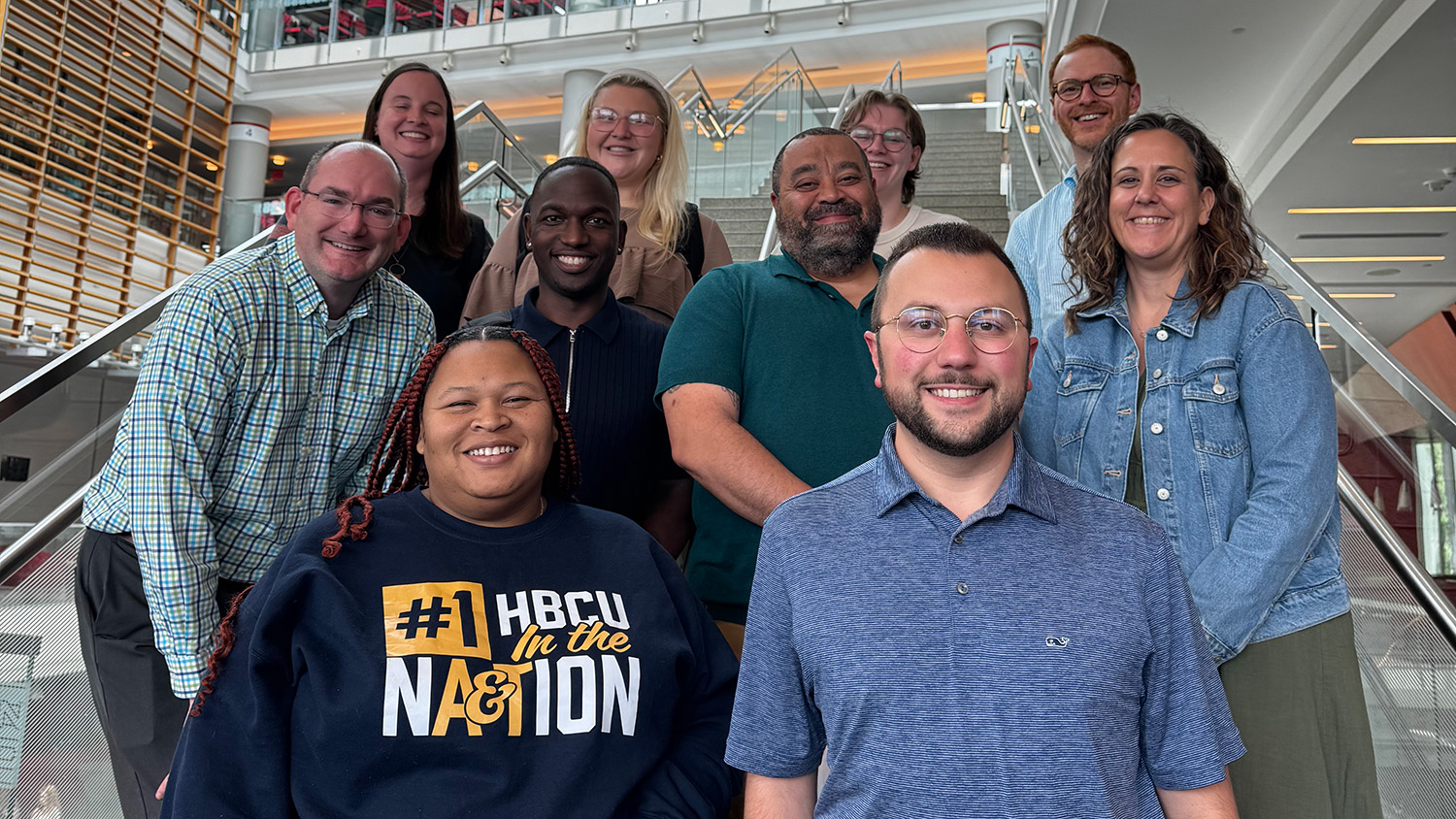What is the FAFSA? Why is the FAFSA important? Answering these questions, or variations thereof, is one of my daily tasks. I don’t mind answering it at all, though, because by answering that, we as college advisers have the opportunity to help students gain access to post-secondary education.
FAFSA stands for the Free Application for Federal Student Aid. The National Association of Student Personnel Administrators, or NASPA for short, cites that federal aid began with the Higher Education Act of 1965 under President Lyndon B. Johnson. The FAFSA we know today is much different than in 1965, as is the accessibility of higher education, but the idea has remained similar: opening the door to post-secondary education to more students.
That question still stands… why is filling out the FAFSA important? At the root of it, it is important because it opens the door to federal, state and institutional financial aid for students. Some institutions of higher learning, many public institutions for example, require that students fill out the form to even be eligible for institution-specific scholarships. This requirement is a handy way to get students to fill it out, and to open the possibility for federal grants, loans or work study programs that they may not have otherwise had access to. The reality is that few students can afford to pay out of pocket for post-secondary education when the bills are actually due; it can be expensive to continue your education!
So, we have established that it is important to fill out because it gives students potential access to loans, grants or work study programs that they otherwise would not have had, but how do we encourage students and families to do that, especially in a worldwide pandemic?
Our advisers have been tackling that question since the beginning of the College Advising Corps years ago. The answer is a moving finish line. During the age of COVID-19, our advisers are continuing that innovation. We are even being featured at a national level for the work we do! One of the methods of choice is utilizing the wifi hotspot infrastructure some schools have to offer drive-in college assistance to students and families. They can drive up and a college adviser or guidance counselor will answer their questions, walk them through any part of the college process, and be able to do it all in realtime using the wifi network in a school parking lot. Ingenious! Other advisers from our Corps have changed up the 8 a.m. – 4 p.m. schedule that mirrors a school day to offer evening office hours to connect and engage with families and students when they are free.
Outside of our Corps, ingenuity is also running high. A few states, Texas and Louisiana to name a couple, have made it mandatory for all students to complete the FAFSA. Waivers are available for students who are military or career bound, but a US News article discusses the benefits of making all students do it as a requirement for graduation. There is data to show that those who complete FAFSA are more likely to go to a post-secondary educational institution, and those states are capitalizing on that.
It is important for students to complete the FAFSA because research shows that students are more likely to pursue post-secondary education if they do. An article by the National College Attainment Network, NCAN, cites research to support that claim. How and when we get students to complete it may vary year by year and school by school, but our continued goal is making higher education more accessible to all of our students, and that starts with FAFSA.
Sources:
- https://www.naspa.org/blog/federal-financial-aid-policy-then-now-and-in-the-future#:~:text=Since%201965%20federal%20aid%20to,credits%20and%20other%20state%20programs.
- https://www.usnews.com/education/best-colleges/paying-for-college/articles/2019-08-14/is-the-fafsa-required
- https://www.ncan.org/general/custom.asp?page=WhyInvestFAFSA
- Categories:



